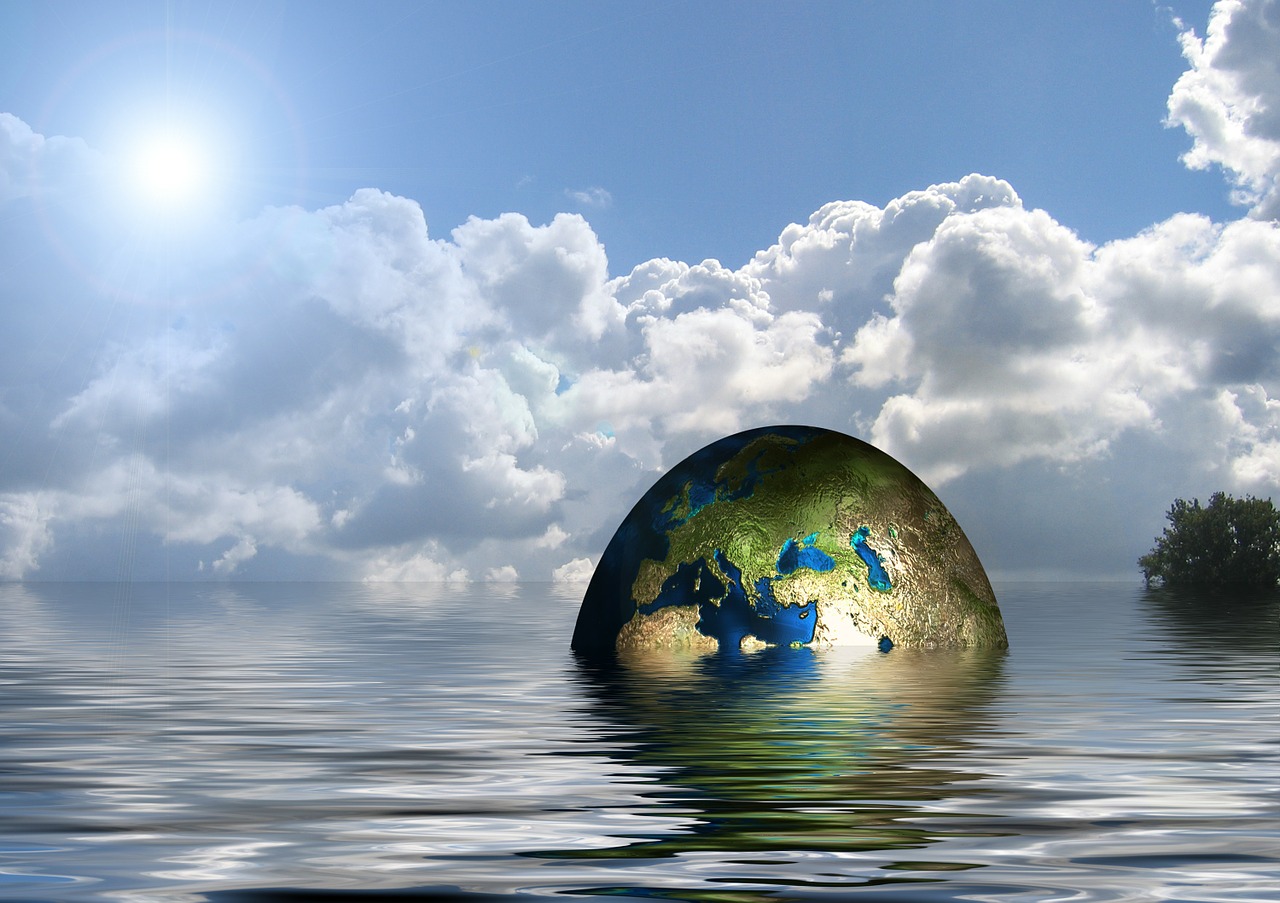Global warming and climatic changes do not only affect us humans. Fish and other marine animals living in the oceans are also being affected by recent climatic changes and global warming. A new study from Australia suggests that the global warming may have a profound effect on the fish and marine lives living in the ocean near the equator because of the rise in ocean temperatures.
Effects of global warming on behavior of fish
Recently, a study was conducted on 6 different species of fish from several regions of the world. Samples of fish were taken and left in conditions 4-6 degrees higher than their natural habitat. It was found that when fish are left in warmer temperatures than what they are used to, they have difficulty swimming, finding food, evading predators, and to reproducing. Fish that grow near the equator are most vulnerable to global warming and rise in ocean temperatures. Some species of fish might not survive these extreme temperature changes.
The fish near the equator do not experience a wide range in temperature and so they are not able to adapt to a changing environment quickly. If the temperature range goes slightly higher than 2-3 degrees, which the fish experience throughout the year, their performance could drop.
Researchers took fish and placed them in the usual temperatures of their natural habitat and conducted several tests while the fish was resting, swimming, eating, etc. Then they gradually increased the temperature to up to 92.3 degrees. They tested the fish over several weeks and observed how they behaved, measured the oxygen they breathe, and the food they ate and other natural behaviors. They found out that at higher temperatures the fish have difficulty swimming as well as functioning normally even while they were resting. In warmer water, fish needed to spend more energy just to stay alive.
If the fish find it difficult to survive near the equator while the temperature of the oceans rise, they might move away to different cooler places, making it difficult for humans who live in those areas and depend on fish for their source of protein and food.
Consequences of global warming on marine life
The ocean responds to climatic changes more slowly because vast bodies of salt water takes longer to heat up than land. However, scientific researchers showed that marine life and the ecosystem are more sensitive to the slightest change in weather patterns and global warming. Global warming, greenhouse effects and the trapping of carbon in the atmosphere has caused the water of the oceans to rise about 1degree Fahrenheit over the last century and this warming in the ocean water affects marine lives from the surface all the way to the depth of 2,300 feet, where most sea animals thrive.
Some of the effects of global warming on marine animals are as follows:
1. Forced migration and change in habitat:
Cold water animals are being forced to migrate to cooler areas of the ocean, either higher up the latitude or deeper, while warm water species are moving into places where it was too cold to live before.
2. Disasters:
Because there are more marine animals in the areas formerly thought to be too cold for survival, the number of disasters in the sea is increasing. For example lobster shell disasters are now being reported in the areas historically thought to be too cold. The ideal temperature for sea creatures and several coral pathogens to thrive is 86 to 90 degrees.
3. Harm to coastal areas:
As sea level raises, the coastal mangroves, wetlands, and salt marshes become highly vulnerable to flooding and rise in water levels. Droughts, on the other hand, can disturb the ecological balance and fresh water life inland as water moves inwards.
With this post, we have made an attempt to fight negative impacts on the globe. Please share and let others know about the dangers of global warming. We’d also appreciate your comments and feedback, as it would inspire us greatly.
Source: WorldWide Aquaculture






